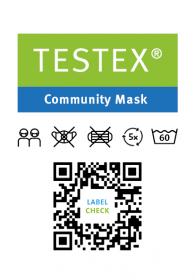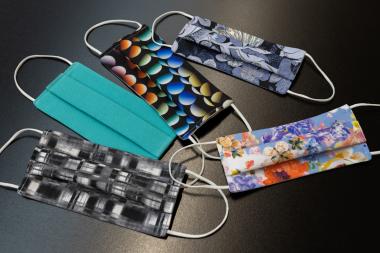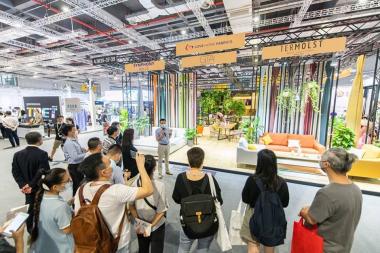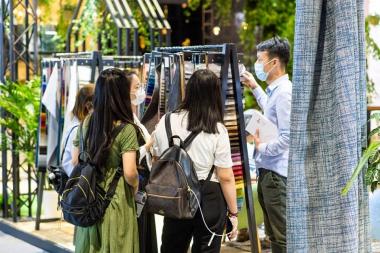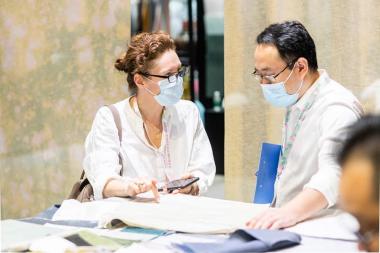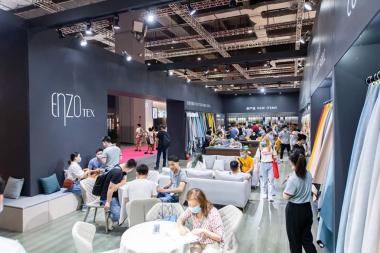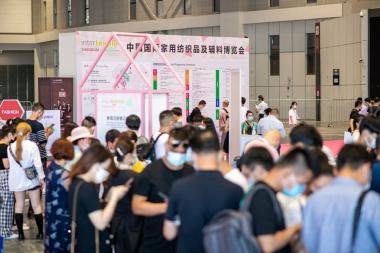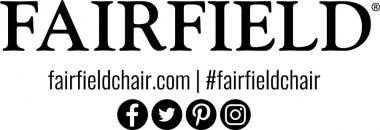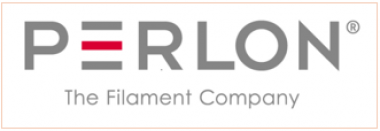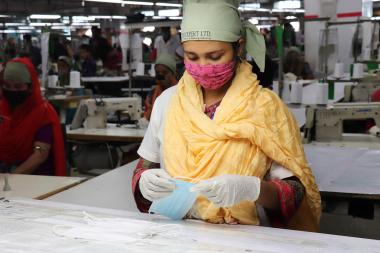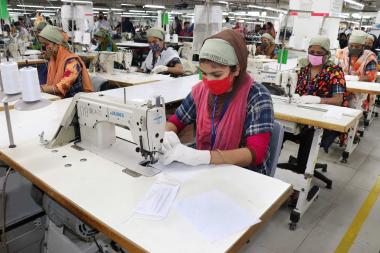First Swiss “Community Mask” with TESTEX label by Schoeller Textil AG and Forster Rohner AG
With immediate effect, the first fabric mask with the official “TESTEX Community Mask” test label is available from the two Swiss textile firms, Schoeller Textil AG and Forster Rohner AG. Since May, the companies have been able to offer their masks with official EMPA recommendation. The sustainable and economical quality products consist primarily of recycled performance fabric which can be recycled once again at the end of its service life.
Swiss cooperation
With the product from the two companies based in the east of Switzerland, Schoeller Textil AG and Forster Rohner AG, the Swiss market now boasts the first textile mask featuring the label “TESTEX Community Mask”. Together with the EMPA, TESTEX has developed a testing procedure which analyses textile masks with regard to their filter function, spray resistance, comfort of wear, reusability and additionally skin-friendliness of the textiles. By now, numerous Swiss and international consumers, as well as the employees of major companies (e.g. transport companies) have satisfied themselves of the suitability of the Swiss Community Masks for everyday use.
Recyclable fabric made with 60 % recycled fibres
The high-quality fabric components in the mask were developed by the innovative Rheintal-based company Schoeller Textil AG. The two-layer polyester fabric is hydrophilic (having an affinity to water) on the outside and hydrophobic (water-repelling) on the outside and furthermore features an antibacterial finish. Thanks to the cotton-like feel, the fabric offers pleasant wearing comfort. The sustainable fabric consists of 60 % recycled fibres. Within the framework of the wear2wear recycling cooperation (www.wear2wear.org), the masks can be recycled once again when they reach the end of their life cycle.
The reusable mask is made up by Forster Rohner AG in St. Gallen and in its European subsidiaries. It impresses with optimum fit and tested skin tolerance. All components of
the mask comply with the OEKO-TEX® Standard 100. The testing process screens for numerous controlled and non-controlled substances. Masks with the OEKO-TEX® Standard 100 label are safe to wear. Forster Rohner also added a fashion component to the technicallyinnovative mask. The subsidiary, Jakob Schlaepfer AG, created a special print for the mask of the kind otherwise only developed for famous couture and prêt-à-porter fashion labels around the world. In addition to white and plain-coloured masks, a limited edition of available print designs emerges, or specific colours or even individual print designs are created for major customers.


